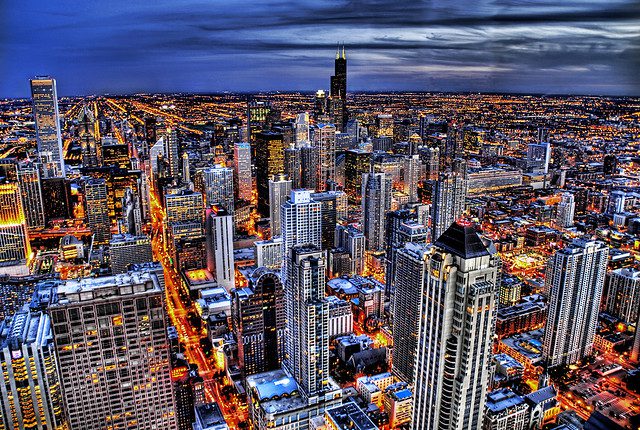 Those of you out there reading this blog have a number of things you want to hear about, we know….how to serve God in your daily work, how to build a better world through your work, how to find hope amidst unemployment and discouragement.
Those of you out there reading this blog have a number of things you want to hear about, we know….how to serve God in your daily work, how to build a better world through your work, how to find hope amidst unemployment and discouragement.
We also know that at least some of you are interested in an occasional post on the “big picture” of not just faith at work, but faithful economics. As such, we want to let you know that Rusty Reno has started a new series of posts over at First Things’ First Thoughts about a new, popular, and controversial book:
I’ve started reading this year’s big book, Thomas Piketty’s Capital in the Twenty-First Century. Fascinating stuff, at least to this non-economist. He engages in Big Think, which of course appeals to me. Anyone who writes an essay like “Empire of Desire” is bound to enjoy bold speculations about the future of capitalism.
Piketty, according to Reno, doesn’t think capitalism has much of a future. Reno thinks he may be leaving a few things out:
My sense is that Piketty presses hard on the “laws of capitalism” in order to heighten the drama. He senses that our age believes in technocrats—economic experts who will solve our problems with monetary policy or some other invisible (and apparently painless) mechanism. He wants to mobilize us. The laws of capitalism doom us—unless we take action!….
I share his worry about the “economization” of our political imaginations and our naïve trust in economic engineers. He’s right to think politics matter (which is why so many businesses send so much money to Washington). But a call to action ain’t economics . . . or sociology . . . or even philosophy.
At this point in my reading I worry that Piketty fails as a social theorist at a fundamental level. He seems not to see economic life as part of the larger social organism that’s strikingly adaptive. That means our social norms and economic practices draw upon each other in all kinds of ways.
Reno has a lot more to say on the issue, including his fear that Piketty’s solutions to the problems draw too much on the technical and managerial:
In spite of himself, Piketty contributes to the death of politics and the birth of a new technocratic, managerial, and therapeutic mode of justifying coercion and legitimating the social order….In the past great figures in economics took up the task of either justifying the inequalities capitalism creates (Friedman)—or envision an alternative (Marx). Piketty does neither. Instead, he thinks we going to have to manage capitalism.
Reno’s second post raises some really interesting questions, too. Does capitalism have laws? Are we in a new Gilded Age and does it look like the last one? And what does W0rld War II have to do with it?
….the story of the last century is complicated—like human beings. Which is why I think there’s something wronger still in Piketty’s book—its professional conceit. It’s pretty clear that World War II is the mother of all causes of change in the economic history of the West in the last century. Precisely that fact—so evident in his many charts—should make him (and us) very skeptical that capitalism has “laws.” Indeed, it should make us very skeptical that “capitalism” exists. What does exist is the economic history of the twentieth century—a very interesting reality shaped by the extraordinary confluence of endlessly complex human motivations, actions, and forms of life.
Keep checking in over at the First Thoughts blog for more posts in Reno’s series.
Meanwhile, we’re interested in what you have to say, both about the problems and their solutions. Are you reading Piketty too? What do you think?
Image: “My Kinda Town” by Trey Ratcliff, used under a Creative Commons license.












